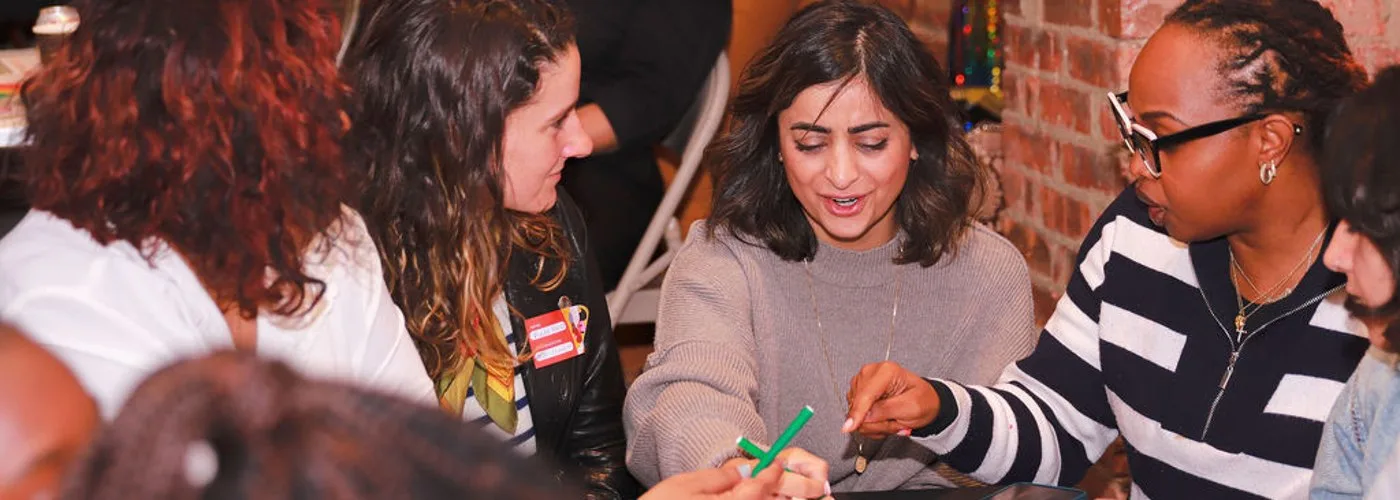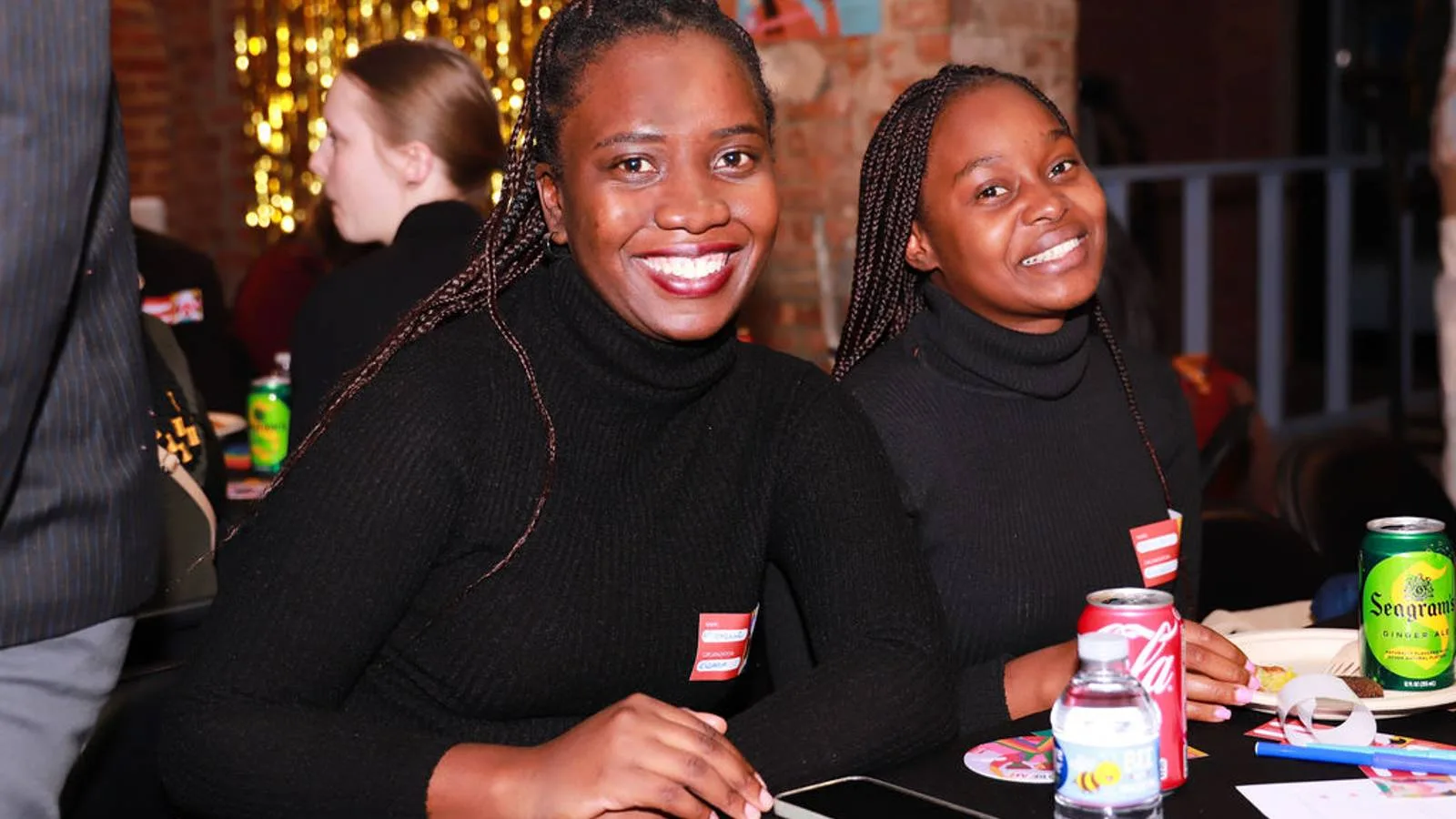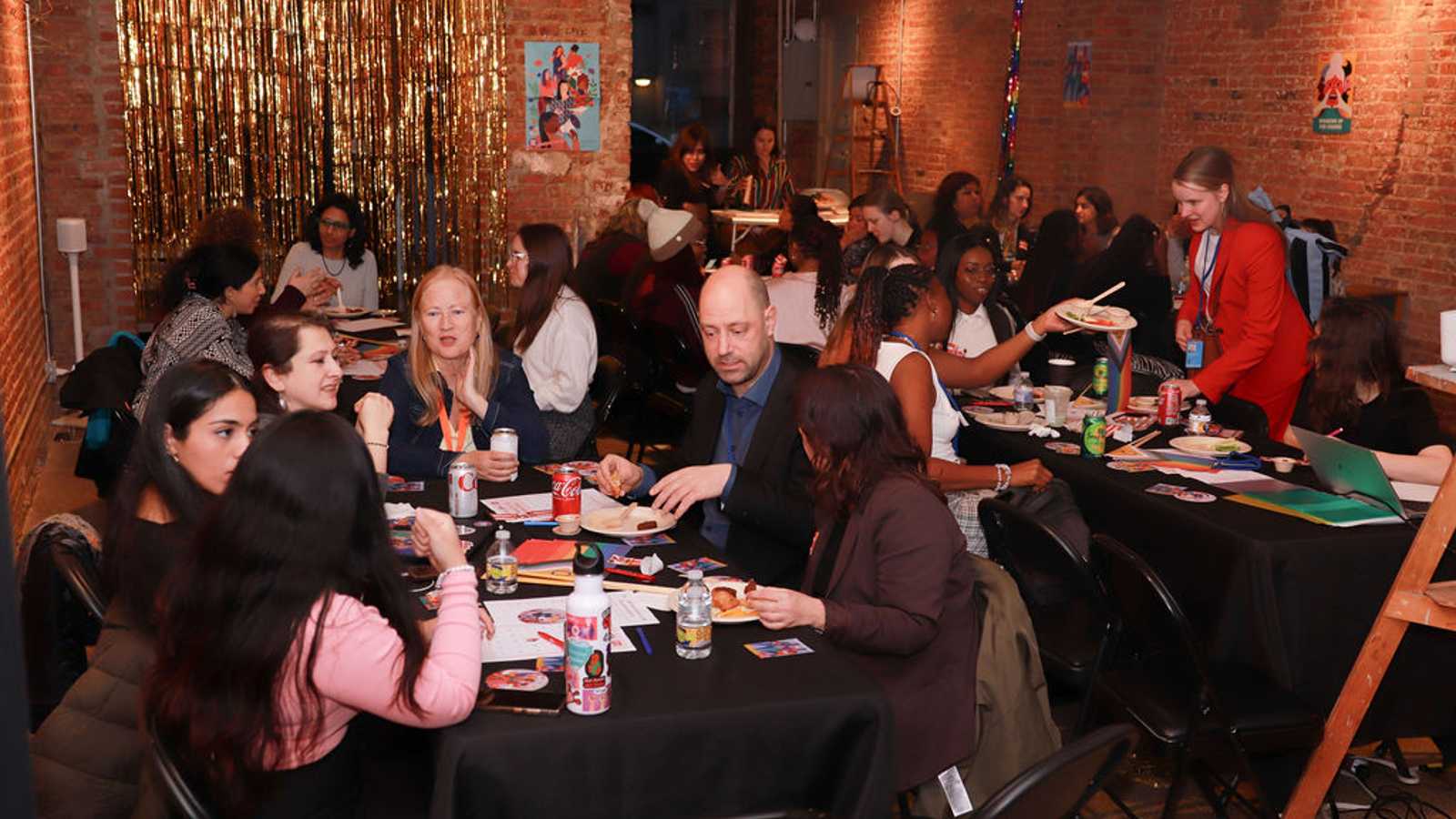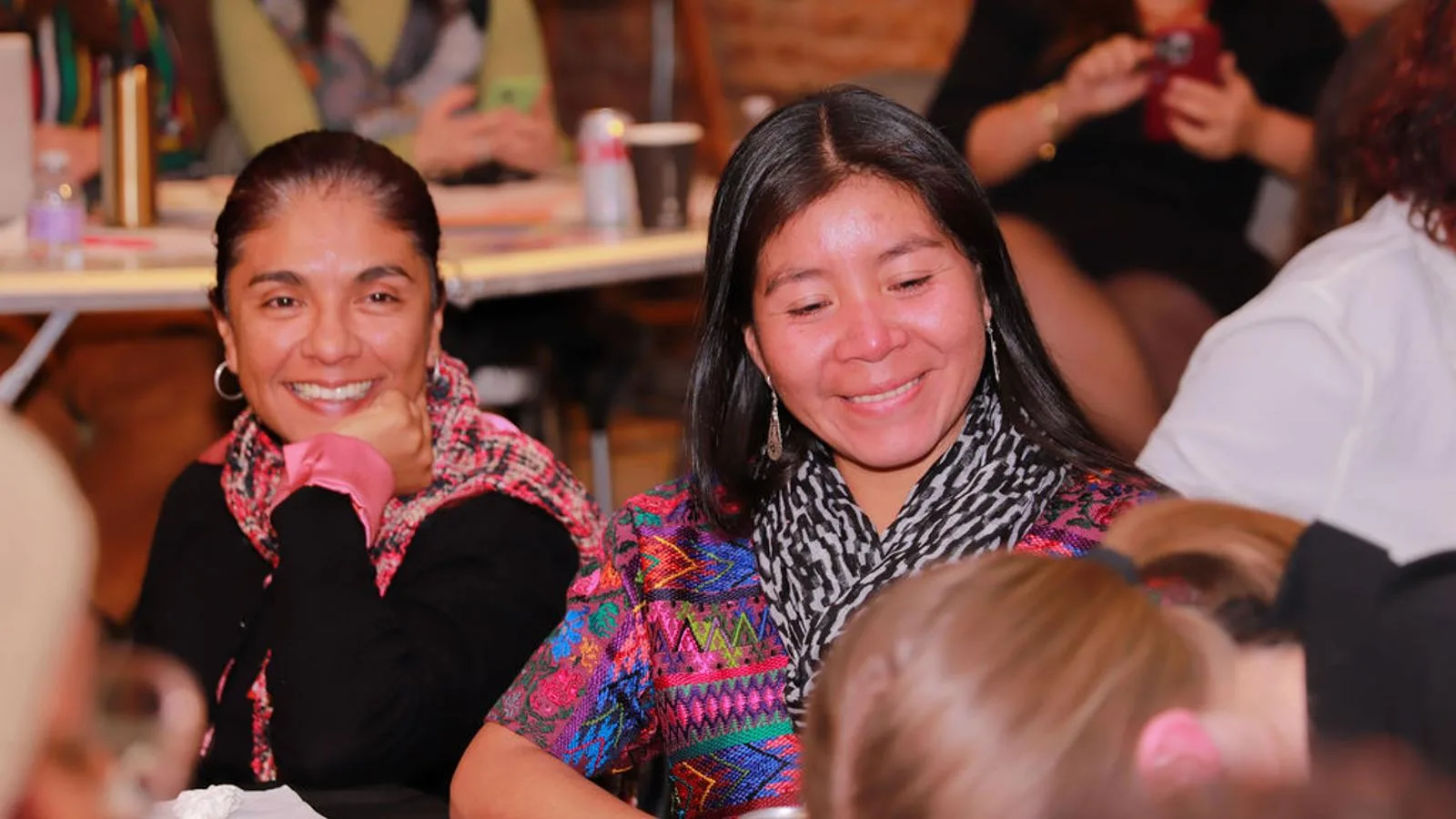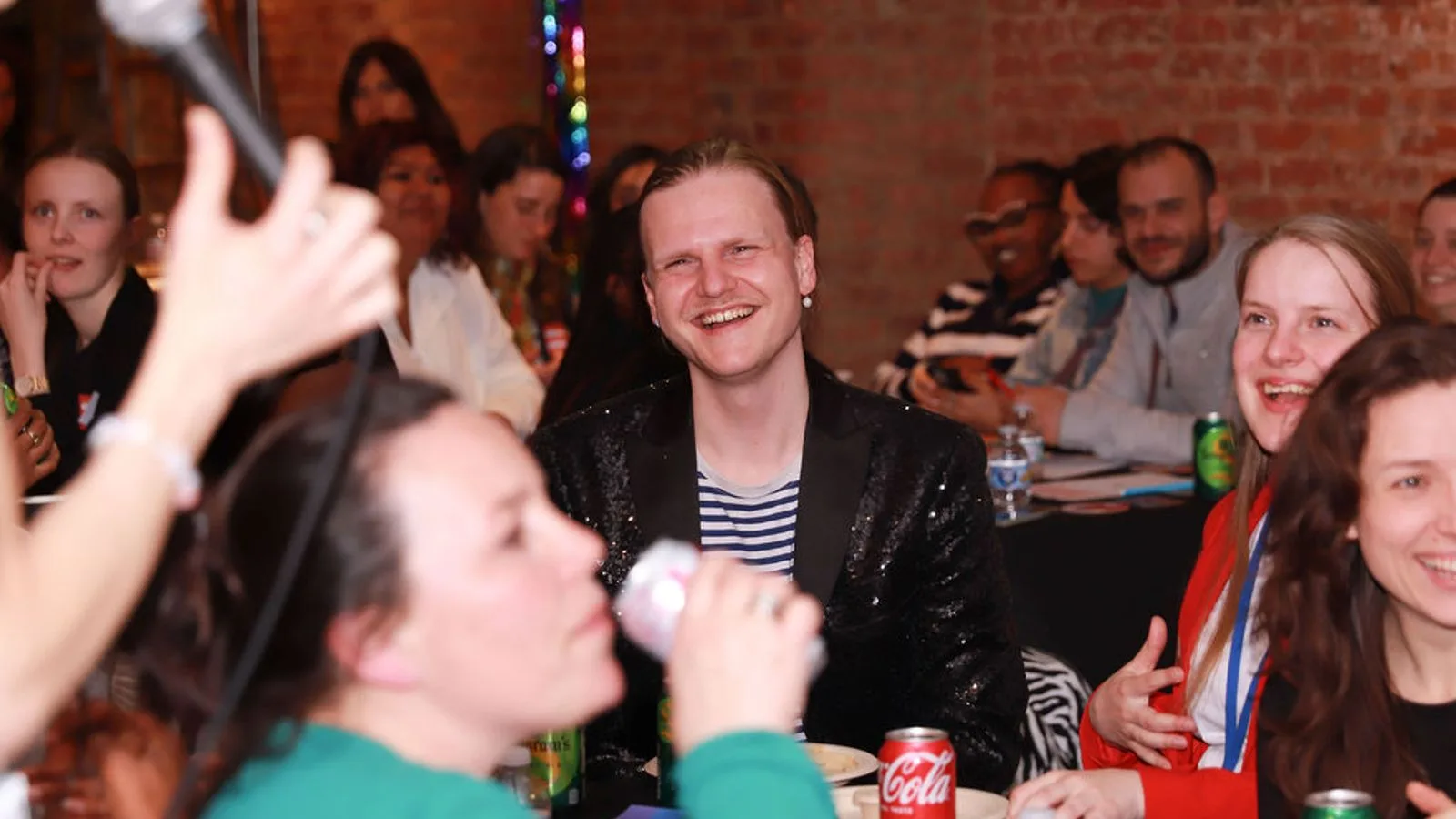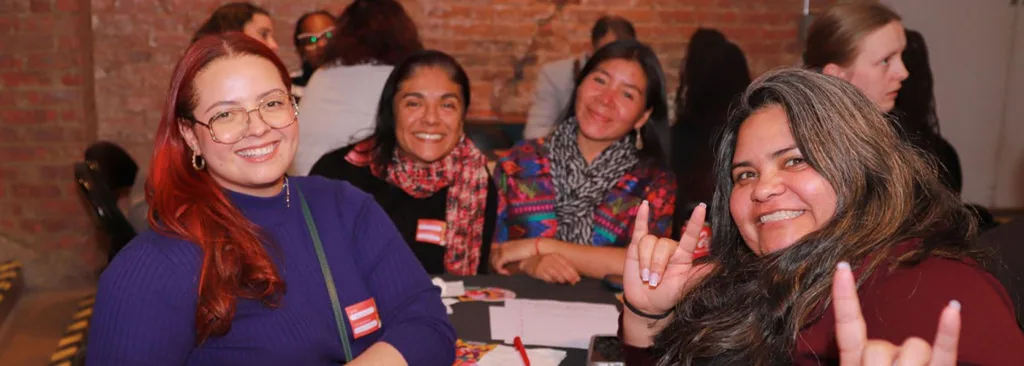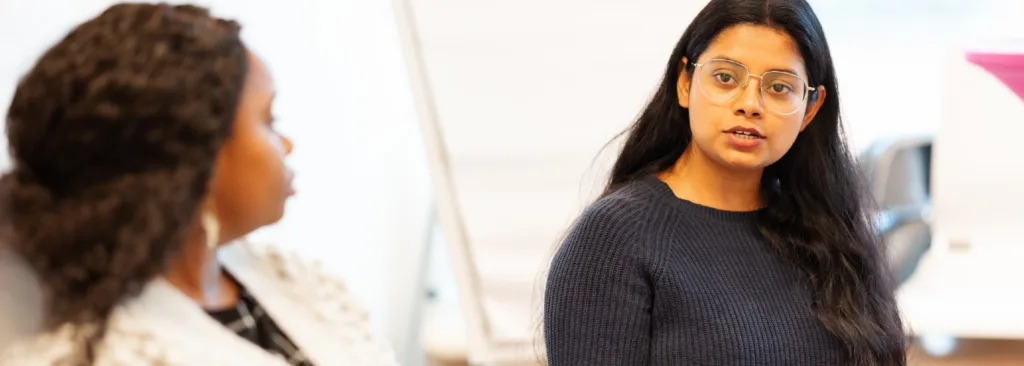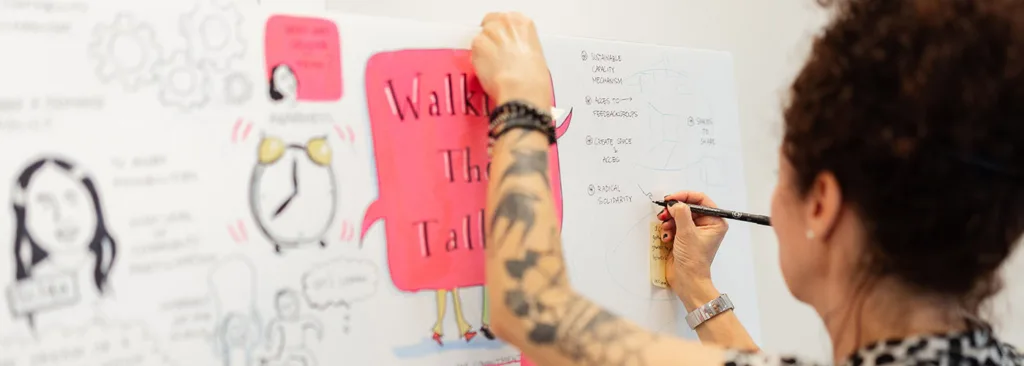Money, money, money, or the lack thereof
April 9, 2024
By Marion Molliet, Walking the Talk Communication Officer
It’s not only a “rich man’s world,” as in Abba’s epic song “Money, Money, Money.” There “never seems to be a single penny left […]” for feminist organizing either! That’s why funding gender equality became a core issue of the United Nations’ yearly conference on women’s rights last month in New York.
With 360 billion USD needed yearly to achieve the UN Sustainable Development Goals’ gender equality targets by 2030, more and better financing for feminist movements is essential. So many conference sessions discussed the financing needs for gender equality in different areas like humanitarian aid, sexual and reproductive health and rights, gender-based violence, and feminist tech.
The gap between the funds we need and what is currently available is considerable. According to AWID’s 2013 study on feminist financing, the median funding of a feminist organization is 20,000 USD. After a decade of steady increases, the share of Official Development Assistance (ODA) dedicated to gender equality dropped in 2021. This is particularly worrying given that, according to research by AWID, just 0.4% of funds focused on gender equality actually reaches feminist organizations. Inexplicably, the humanitarian sector is the one with the least ODA funding supporting gender equality, even though women and girls are particularly vulnerable in times of crises.
“All the things I could do, If I had a little money”
Faced with these bleak numbers, the Walking the Talk program hosted a Feminist Bingo to discuss the topic of feminist funding in a playful and energizing way. Presented by Kiko Soirée, a talented drag artist based in Brooklyn, the event gathered feminists from all over the world to lay out what financing that truly serves the feminist movement should look like. Inspired by the bingo game, we played using questions about feminism in issues from foreign policy and LGBTIQ+ rights to media and pop culture. This card gives you an idea of the players’ answers to Kiko’s questions about feminist funding:
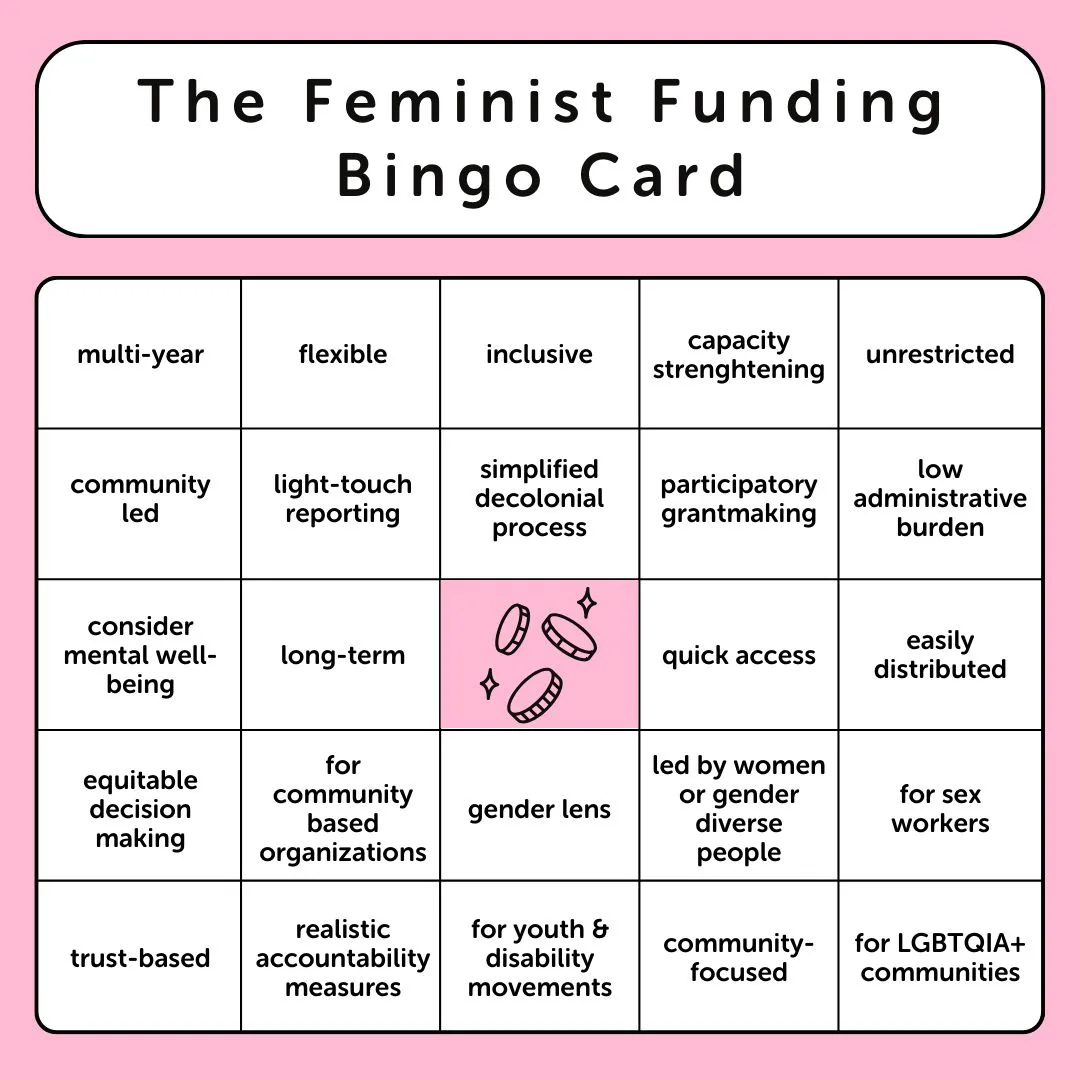
Let’s have a closer look at some of these key concepts.
The need for flexible and trust-based funding
What we feminists want is flexible, core, and trust-based funding. Most of the few grants that reach feminist organizations have strict agreements on what the money can be used for within the timeline of a specific project. Many organizations find themselves in situations where their work is supported by one (short-term) project grant after the other. Not only does the search for the next grant divert time and energy from working on their projects, but the uncertainty can also harm mental well-being. On top of that, this type of project-based funding can’t be used for core organizational costs, like rent, utilities, equipment, or salaries for non-project staff. Only a small proportion of funds are so-called unrestricted funds that feminist organizations can use in the best way they see fit to achieve to their mission.
Fighting an old system with short-term funding
Feminist activists are trying to change male-dominated societal structures that emerged about 12,000 years ago – (talk about a deep-rooted problem!) – with year-to-year funding. But to build a just society for everyone, or in other words a feminist future, we need multi-year funding. Short-term funding doesn’t address the root causes of gender inequality; it just puts a band aid on it. If funders want to get the biggest bang for their buck, they have to invest long term. Flexible multi-year funding allows feminist organizations and activists to be innovative, strong(er), and resilient in the face of the anti-rights backlash. Feminist organizations can create long-term plans that fit the needs of their communities and can quickly react when crises arise. This is particularly important given the heightened risks women, girls, and LGBTIQ+ communities face when wars or natural disasters occur.
Light-touch reporting and less red tape
Grant applications can be a maze of red tape, but administrative requirements don’t end when funding is secured. Feminist organizations need to report on their results in ways that require lengthy and detailed data gathering. We think reporting should also be a learning tool. The administrative burden should be kept low during the grant proposal and project phases. Otherwise, organizations with small budgets, as well as unregistered groups, will keep being excluded from funding opportunities simply because they don’t have the time and resources to dedicate to administrative processes.
“In my dreams, I have a plan”
Unlike the line from the Abba song, finding “a wealthy man” is not the answer here. A trust-based funding network that sees feminist organizations as equal partners rather than beneficiaries is. Feminist groups and organizations know where the funds are needed. Let’s trust them and give them the authority to make these decisions.
About Walking the Talk
The Walking the Talk program wants to boost the adoption and implementation of Feminist Foreign Policies (FFPs) and gender equality in Germany, France, the United Kingdom, the Netherlands, and the European Union. In other words, inclusive foreign policies that champion gender equality and reflect the voices of women and LGBTIQ+ people from the Global South. To achieve this, the program aims to increase Official Development Assistance (ODA) dedicated to gender equality and women’s rights, especially funding for progressive, intersectional feminist organizations in the Global South.

